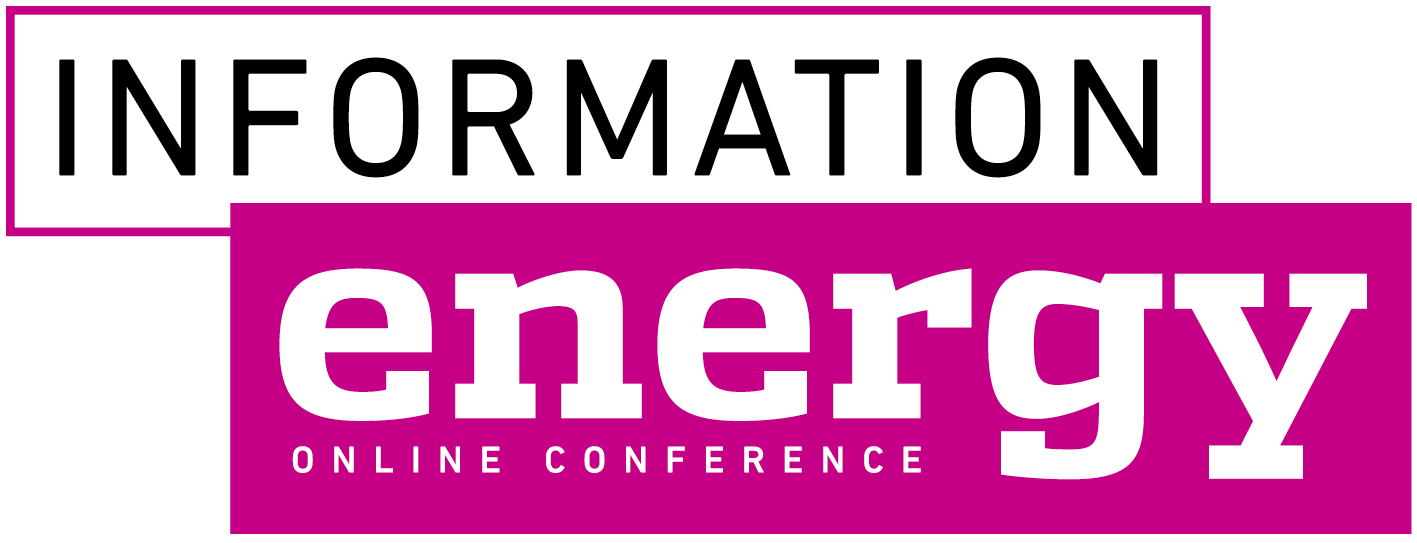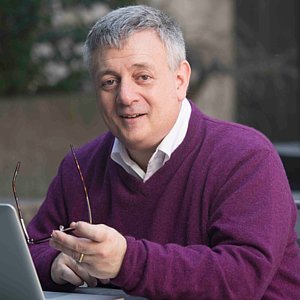Contents
The MIA.
Mystery person.
The editor.
Family feud.
I-need-a-speedy-review-but-the-system-works-against-speed.
Despite their centrality to professional and technical communication, technical reviews pose ongoing challenges. Some reviewers never review. Even when they do review, some reviewers withhold information—perhaps accidentally but perhaps intentionally. Some are frustrated editors and rewrite everything. Some groups of reviewers contradict one another. And some review processes seem designed to slow things down when you need things to work at an accelerated pace. Taking a scenario-based approach, this session challenges participants to address these and similar challenges and offers practical solutions that have worked for others.
Takeaways
- Describe at least three ways to make sure reviewers submit on-time, helpful reviews.
- Describe ways to accelerate reviews when working with a tight schedule.
- Describe two techniques for addressing contradictory reviews.
Prior knowledge
Technical communicators who have familiarity with the review process but face challenges in their work.

